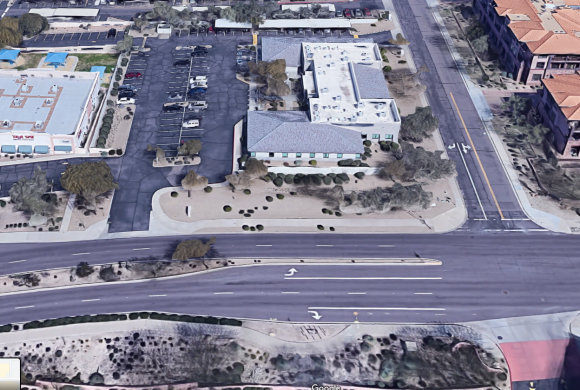Drinkers who suddenly decrease their alcohol consumption or abstain completely may experience alcohol withdrawal (AW). Signs and symptoms of AW can include, among others, mild to moderate tremors, irritability, anxiety, or agitation. The most severe withdrawal manifestations include delirium tremens, hallucinations, seizures, and even death. These manifestations result from alcohol-induced imbalances in the brain chemistry that cause excessive neuronal activity if the alcohol is withheld. Management of AW includes a thorough assessment of the severity of the patient’s symptoms and any complicating conditions, as well as treatment of the withdrawal symptoms with pharmacological and non-pharmacological approaches. Recognition and treatment of withdrawal can represent the first step in the patient’s recovery process.
Because alcohol withdrawal symptoms can rapidly worsen, it’s critical to seek medical attention even if symptoms are mild. In addition, appropriate alcohol withdrawal treatments can reduce the risk of developing withdrawal seizures or DTs.




